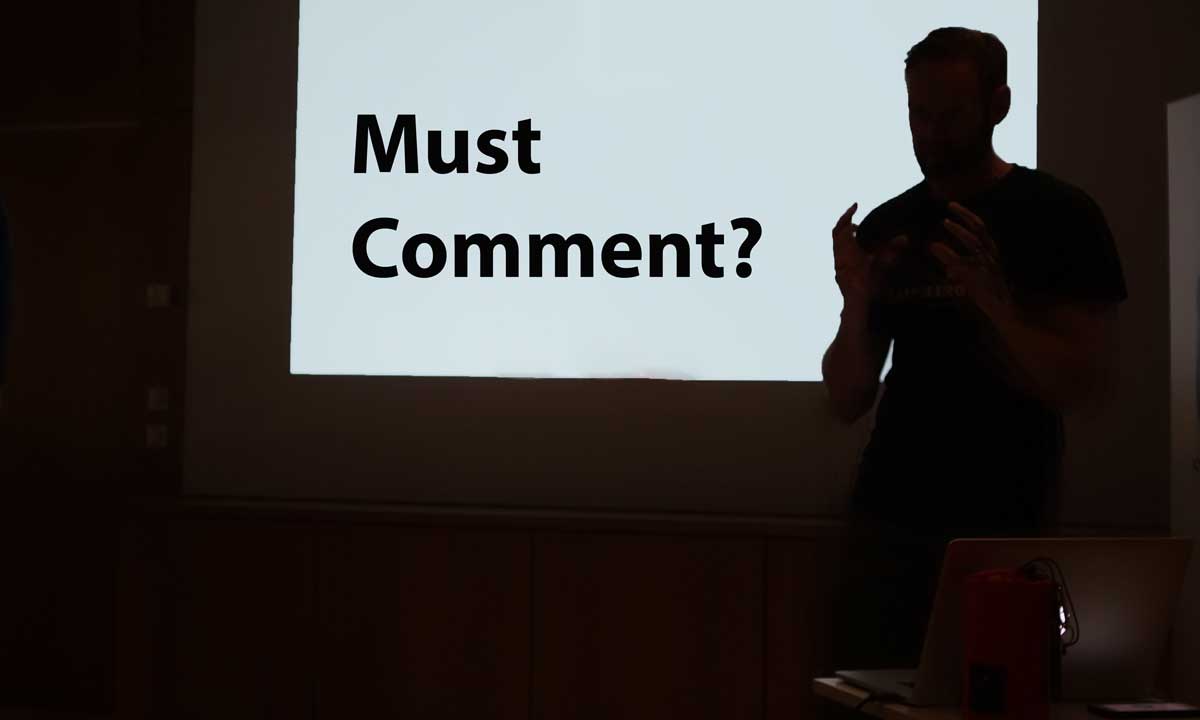Democracy, the way its story is told in the mythology of Western civilization, began with the Athenian agora. The marketplace.
Only here, people didn’t just trade goods, they also met to make political – “community” – decisions.
Social media have presented themselves as the modern marketplaces of ideas.
There is only one problem…

That problem is that social media don’t actually gather people to make decisions.
They make business.
Our supposed participation in the political process, by voicing our views and opinions there, is a misunderstanding.
The problem is threefold; it is an issue of
- the (market) dynamics of social media,
- the supposed participation that is really a distraction, and
- the misunderstanding that vocal contributions are necessary and all that is needed.
The Social Media Marketplace of Bad Ideas
We all have our reasons to be on social media. Many of us are probably there only because others are, and we don’t want to miss out.
Good Connections
Even if that is all, it is a valid reason. Of course you would want to be a part of something that everyone seems to be a part of. We are social creatures, after all.
When family and friends are on there, and it’s an easy way of keeping in touch, it’s hardly the worst thing.
The Delivery of “New”
The way social media seem to keep us informed about things we are interested in makes them attractive, too.
Social media are all the more attractive in their easy accessibility, the connections, and the sense of discovery they can provide.
You don’t have to do much, not even to decide what you want to know something about. It’s all delivered right into your feed.
And so you don’t miss out, if you don’t actively disable them, it’s all also pushed into your notifications.
And it’s pushed on you so that you don’t stay away for too long. So that you “keep engaged.”
Misengagement
For publishers and social media providers, however, the best thing is whatever keeps you engaged the most.
What gets the largest number of people engaged is what gets them riled up. What hits emotionally, in a way that makes us comment incredulously and share immediately.
It doesn’t matter if we share something in support or in utter disgust, just as long as it gets us to click.
Between the ease and the emotionality, social media have become the internet for many of us.
In the social media marketplace of ideas, truth is boring. Facts are exhausting. The learning process takes just too long.
“Research” in the QAnon sense of the word, falling into an ever-deeper rabbit hole of conspiracy theories and stupidity, that’s exciting.
Even if things aren’t nearly that bad in your feed, it’s not good ideas and deeper knowledge that surface, it’s the froth and the scum.
The Participation – in Bread and Circuses, not Democratic Process
Whether you feel that you are after the real and actual truth no mainstream media ever talk about anymore or wanting to argue against conspiracy theories and misinformation, you are swept along this maelstrom.
Every post, every “Hold on, someone is wrong on the internet!,” feels like a contribution.
You are communicating with friends, discussing opinions, being presented with insights, learning, debating! Surely that must be a good thing?
Politics was only being done to us, only discussed in small circles, certainly this is better, more direct!
An online post is just a vocal contribution, though. And the most vocal contributions we are now getting aren’t debates and discussions meant to lead to any understanding.
They are just shouting matches.
Lacking in any common ground, lacking even in the understanding that “the other side” is also a human being, we could just as well be shouting at propaganda posters on walls, railing against machines.
In fact, while we expend energy pounding away on the keyboard, there is a good chance we are debating trolls. Maybe even AI accounts that just sound like a madman.
The contribution we thus make is not to political discourse, not to understanding and learning, not to democracy.
It is a contribution, at best, to our own parochial groupings. At worst, only to the social media corporations’ bottom lines.
Social Standing, Not Standing Up For Anything
Of course, social and political movements have come together through the use of social media.
MeToo, Black Lives Matter, Fridays for Future. It has not all been bad.
Discourse Isn’t It
Social media still work like a doomsday machine, designed to amplify the divisive and support only one thing: Their own, ever-deepening, grip on our minds and behaviors.
You don’t have to get off social media completely if you find enough use in them and you can control them, rather than let them control you.
All the political, social justice, etc. posts you make are not a great contribution to the discourse we need to be having, however.
Black squares on Instagram are just black squares on Instagram. Whether you posted them in support of Black Lives Matter or just to be in on something, they won’t change a thing without anything else happening as well.
In fact, talking of discourse may be its own sign of where we are going wrong:
Everything has been reduced to talk.
Act Better
To really contribute to society, however, we can’t just talk. Especially not in the uncertain ways online, where one never knows what was said in earnest, in joke, as trolling, or whatever other way.
We need to stand for something and act accordingly. In the real world. Not shouting in protest, not taking up arms – and certainly not shouting in protest and taking up virtual arms on social media! – but shifting systems, creating better, building things.



Leave a Reply